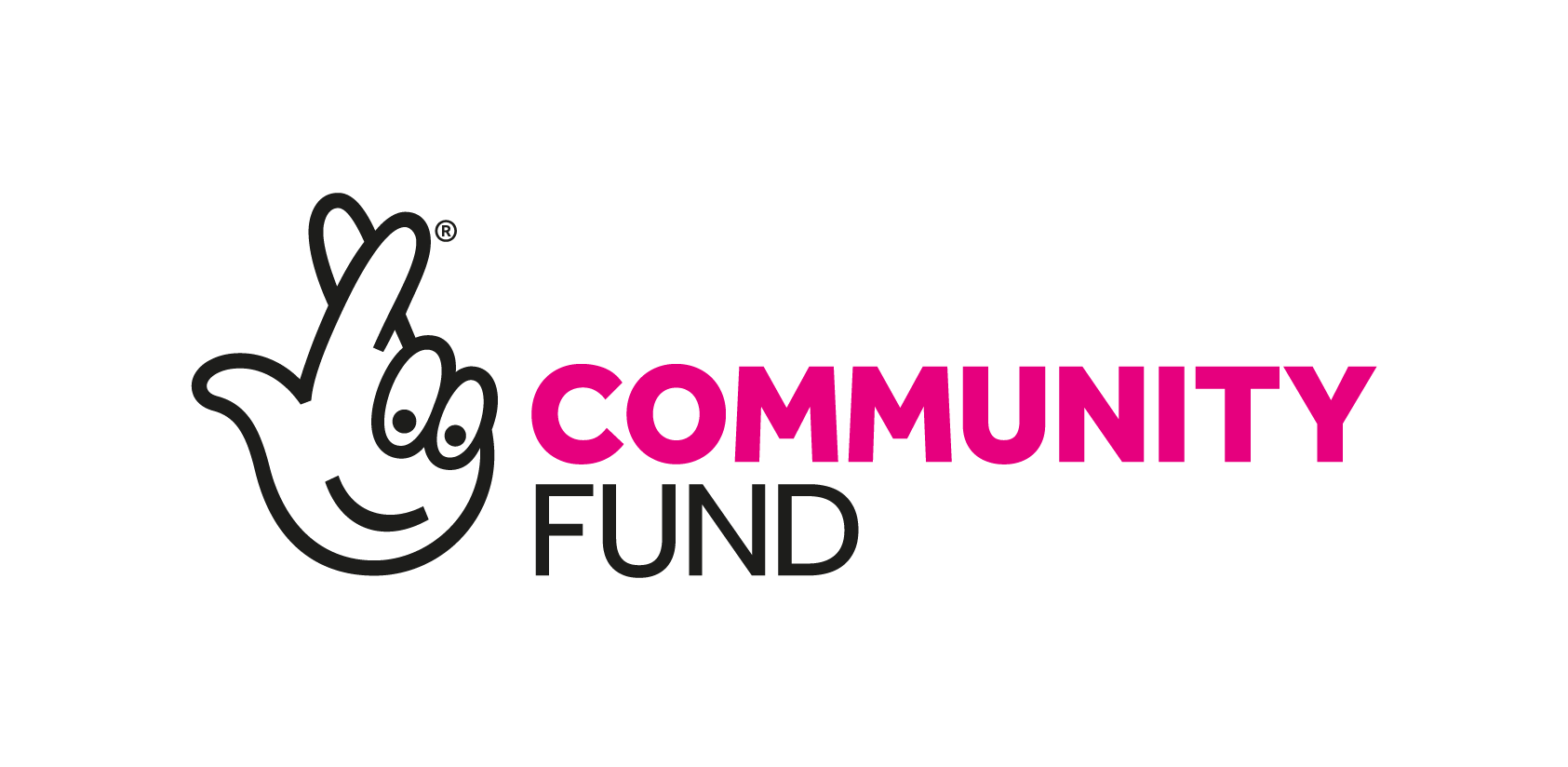Quality in Qual discussion paper
Downloads

Quality in qualitative research
As a centre, we have always used both quantitative and qualitative evidence synthesis in our work to understand what works for whom, how, when and for how much. Through our methods work, we see that qualitative research has been particularly useful in establishing theories of change and early stage evidence bases.
So we wanted to answer the question “How do I do the best qualitative study for my project?” in order to be able to advise those producing primary research, as well as to contribute to the evidence base and more effectively share learnings.
The result, funded by the National Lottery, is the paper Quality in Qual: A proposed framework to commission, judge and generate good qualitative evaluation in wellbeing impacts. It is based on interviews with ten leading organisations and individuals who have in-depth evaluation and methodological expertise. It sets out why work in this area is valuable and important, what resources already exist, and identifies six prompts for potential uses of qualitative research in evaluations.
We hope this is just the starting point and want to engage more people. We invite you to get involved in the discussion and send us your thoughts and feedback on info@whatworkswellbeing.org
Table 4 and Annex 4 from the paper can be downloaded as a separate PDF here.
About the authors
Jonathan Breckon is an independent consultant working on research and evidence use. He was formerly Director of Nesta’s Alliance for Useful Evidence for nine years, a network that champions and promotes the smarter use of evidence in social policy and practice. Previously Director of Policy and Public Affairs at the Arts and Humanities Research Council, his research interests cover politics and psychology, including the relationship between research and policymaking. Jonathan can be contacted at jonathan@jbreckon.com
Ruth Puttick runs a research consultancy providing advice to a range of charities, foundations, companies and governments, including Nesta, the Cabinet Office’s Open
Innovation Team, and Bloomberg Philanthropies. She previously worked at Nesta, leading large studies into public and social innovation, established the Alliance for Useful
Evidence and successfully advocated for the creation of the What Works Network of evidence centres. More recently she was at the global management consultancy, Tony Blair Associates, where she helped establish and manage the policy and research team in the government advisory practice. Ruth can be contacted at ruth@ruthputtick.com
![]()
[gravityform id=1 title=true description=true ajax=true tabindex=49]

